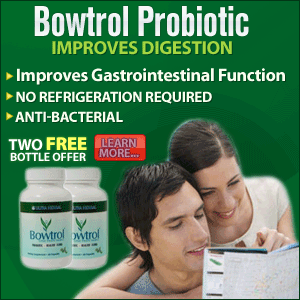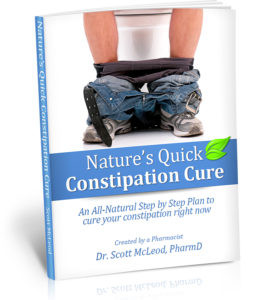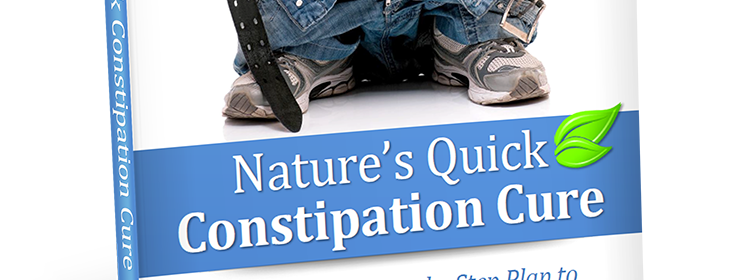All About Proper Colon Detoxification
There are all sorts of plans and kits that one can buy in order to complete a colon detoxification, but these will do no good unless one realizes the many benefits that can be had by completing a colon detoxification.
The simple goal of the colon detoxification process is to get rid of toxins that may be hiding out in your colon. By flushing all of them out then you will naturally get rid of other wastes and toxins that are living elsewhere in the body, which is the main goal behind any detoxification.
If you are going to undergo a colon detoxification then the first step in doing so is to complete a total cleanse of the colon. Even though there are many ways in which one can do this, the absolute best way to do a colon cleanse is through the use of water.
Detoxifying the body through the infiltration of water in your colon is the best way to make sure that it’s cleansed. There are also many ways that one can complete this step, but the best and quickest way to do it is over a 24-hour period.
For one day all you must drink is water that will help flush out the colon of wastes and other materials that shouldn’t be there.
Of course, this process can be completed over a two-day period, but it will be much more difficult and a longer process as well. For a twenty-four hour period, though, nothing should be ingested except for water.
Water will clear out the colon completely. Many people believe that by completing this step of the detoxification then one is already detoxified and the body will automatically combat things like depression, cancer, fatigue, as well as a whole host of other diseases and ailments.
The other step of the colon detoxification system is basically the only other step in the method.
The water has cleared out the colon and now the colon is ready to be rebuilt and re-strengthened. In order to do this all sorts of natural foods do need to be introduced. For example, introducing and eating plenty of raw vegetables, vegetable juices, soups, as well as fruits and naturally fresh-squeezed fruit juices are the types of things and foods that one should be eating.
All of these things can be eaten during the second and third day of the colon cleanse, along with plenty of water, which should be continued to get rid of anything else that was hiding in the colon.
After all of these steps have been taken to perform a colon cleanse only then can a person return to his or her normal eating habits. It is vitally important, though, to make sure the first step of the colon detoxification is completely properly, though, without anything else being eaten or digested except for the water that goes into the system.
By doing all of these things during the colon detoxification process one can be assured that his or her body will be ready for the next line of attacks that come along in the form of antibodies and bacterial diseases.
Colon and body detoxification is certainly the way to go in today’s society and they will definitely benefit those who perform them in the long run!








